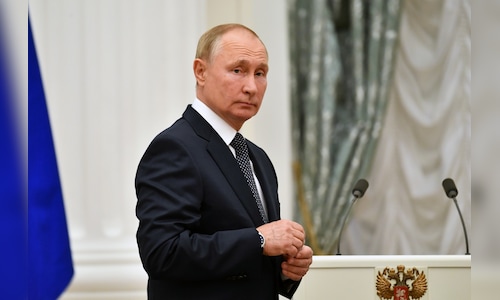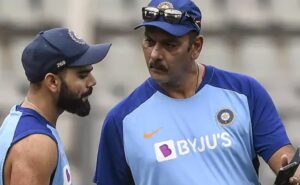
The emergency ministry’s research institute said the “KUB-M” shelter could offer protection for 48 hours against these and other natural and man-made hazards.
Among those it listed were: explosions and shrapnel from conventional weapons; falling debris from buildings; dangerous chemicals and fires.
The “KUB-M” looks like a reinforced shipping container and consists of two modules – a room for 54 people and a technical block. More modules can be added if needed, the institute said.
It did not link the move to any current crisis, though the announcement came days after the administration of U.S. President Joe Biden agreed to allow Ukraine to fire U.S. long-range missiles deep into Russia – a decision that the Kremlin said was reckless and would draw a response from Moscow.
President Vladimir Putin on Tuesday approved a new official doctrine that lowered Russia’s threshold for using nuclear weapons.
“The mobile shelter is a multifunctional structure that provides protection for people from various threats, including natural disasters and man-made accidents,” the research institute said, calling it “an important step towards improving the safety of citizens”.
It can easily be transported on a truck and connected to water supplies, and can also be deployed in Russia’s vast northern permafrost, it added.
On the other hand, Ukraine’s President Volodymyr Zelenskiy addressed the parliament on Tuesday in an hour-long speech marking 1,000 days since Russia’s full-scale invasion.
He said Ukraine would not trade its sovereignty or relinquish its right to its territories, and he ruled out the holding of new elections until peace is achieved.
“At this stage of the war, it is being decided who will prevail – whether us over the enemy, or the enemy over us Ukrainians… and Europeans, and everyone in the world who wants to live freely and not be subject to a dictator.”
Zelenskiy set out what he called a “resilience plan” for the country as a domestic foil to the “victory plan” he pitched to Western allies earlier in the autumn, and said it was needed to force Russia to negotiate an end to the war in good faith.



